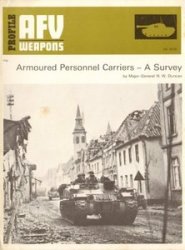After Alexander the Great conquered the Persian Empire, many Greeks emigrated to its western regions, drawn by the chance to live more prosperous lives than they could at home, where opportunities were limited. A primary reason that Greek culture spread throughout Mesopotamia and the areas to the west during the Hellenistic period was that so many Greeks moved there. Greeks, as well as people from other cultures, settled in cities such as Alexandria in Egypt and Babylon in Mesopotamia. These Hellenistic cities were centers of trade, science, and the arts, but life was not easy for many of the people who lived in them. There were large gaps between the lifestyles of the rich and the poor. The wealthy lived in splendor and luxury, but most city dwellers lived in miserable conditions. Riots were common, especially in Alexandria.
Many of the people who lived in these cosmopolitan cities integrated Greek and Macedonian customs, art, literature, and lifestyles into their own native cultures. However, most people who lived in the countryside ignored much of this Hellenistic influence.
Greeks also settled in the many towns that Alexander and his successors established throughout the former Persian Empire. Most of the new towns and ports were named after Alexander. They were designed to be centers of administration and trade, as well as strongholds that provided protection to the local inhabitants. They served as outposts to keep the peace and to provide warnings to headquarters in case of local uprisings. Towns were usually built at the junction of important roads and placed where they could overlook the surrounding area. They were established close enough to existing villages to enable the newcomers to associate with the natives, but far enough apart that the Macedonian and Greek settlers could keep to themselves.
The first new colonists were typically older, wounded, or disabled war veterans and Greek mercenaries. Many of the veterans settled down with their war loot and a piece of land. Some had started families with
Women they met while on the march. Later, merchants, craftspeople, and others joined them.
These new towns were typically built on the Greek model, having schools, offices, shops, a temple, a council chamber, and a gymnasium. Such a town might also have a theater, a fountain, and a monument. It would always have a public square, which was the focus of all Greek cities.




 World History
World History









